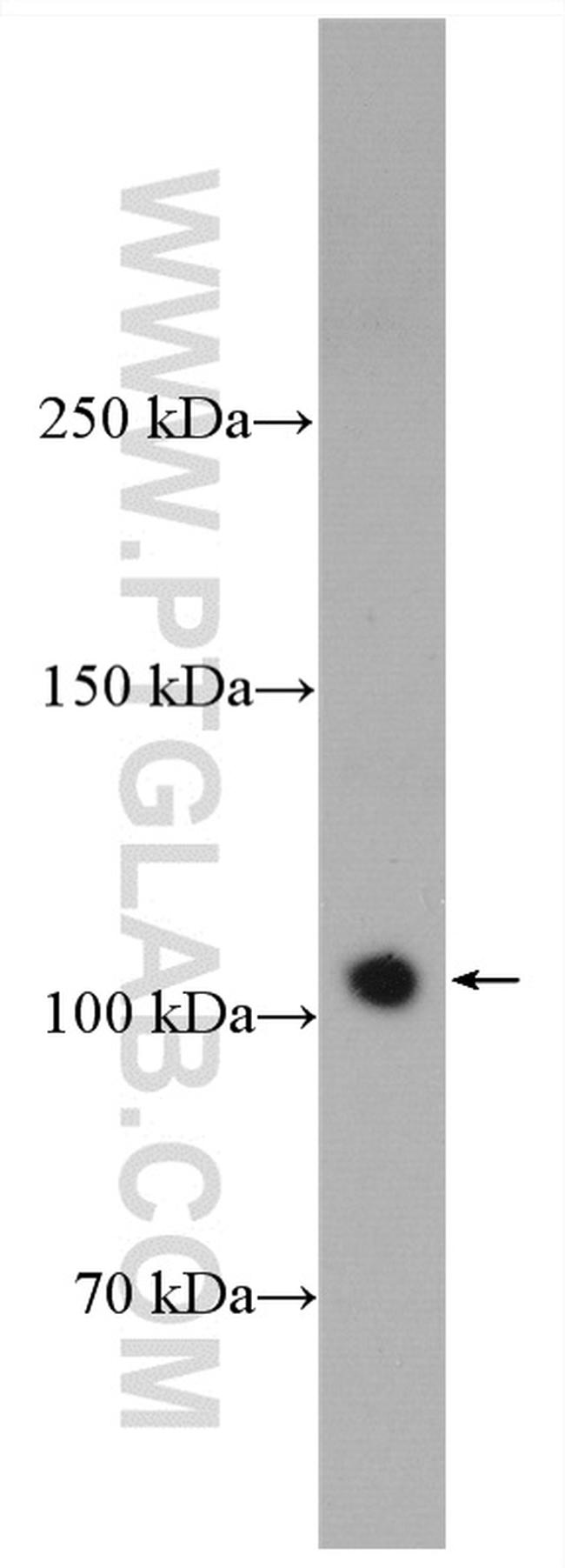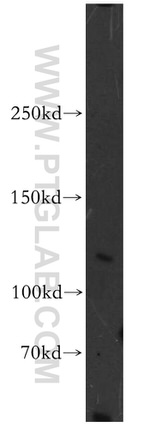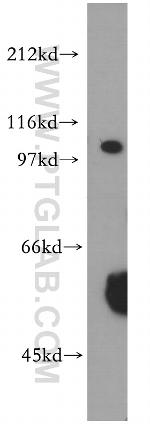Search Thermo Fisher Scientific
Product Details
12980-1-AP
Species Reactivity
Published species
Host/Isotype
Class
Type
Immunogen
Conjugate
Form
Concentration
Purification
Storage buffer
Contains
Storage conditions
Shipping conditions
Product Specific Information
Immunogen sequence: MADHVQSLA QLENLCKQLY ETTDTTTRLQ AEKALVEFTN SPDCLSKCQL LLERGSSSYS QLLAATCLTK LVSRTNNPLP LEQRIDIRNY VLNYLATRPK LATFVTQALI QLYARITKLG WFDCQKDDYV FRNAITDVTR FLQDSVEYCI IGVTILSQLT NEINQADTTH PLTKHRKIAS SFRDSSLFDI FTLSCNLLKQ ASGKNLNLND ESQHGLLMQL LKLTHNCLNF DFIGTSTDES SDDLCTVQIP TSWRSAFLDS STLQLFFDLY HSIPPSFSPL VLSCLVQIAS VRRSLFNNAE R (1-300 aa encoded by BC030785)
Target Information
The transport of protein and large RNAs through the nuclear pore complexes is an energy-dependent and regulated process. The import of proteins with a nuclear localization signal is accomplished by recognition of one or more clusters of basic amino acids by the importin-alpha/beta complex; see MIM 600685 and MIM 602738. The small GTPase RAN plays a key role in NLS-dependent protein import. RAN-binding protein-16 is a member of the importin-beta superfamily of nuclear transport receptors.
For Research Use Only. Not for use in diagnostic procedures. Not for resale without express authorization.
Bioinformatics
Protein Aliases: Exp7; Exportin-7; RAN binding protein 16; Ran-binding protein 16
Gene Aliases: 4930506C02Rik; BB164534; EXP7; KIAA0745; mKIAA0745; RANBP16; XPO7
UniProt ID: (Human) Q9UIA9, (Mouse) Q9EPK7
Entrez Gene ID: (Human) 23039, (Mouse) 65246, (Rat) 361070

Performance Guarantee
If an Invitrogen™ antibody doesn't perform as described on our website or datasheet,we'll replace the product at no cost to you, or provide you with a credit for a future purchase.*
Learn more
We're here to help
Get expert recommendations for common problems or connect directly with an on staff expert for technical assistance related to applications, equipment and general product use.
Contact tech support



